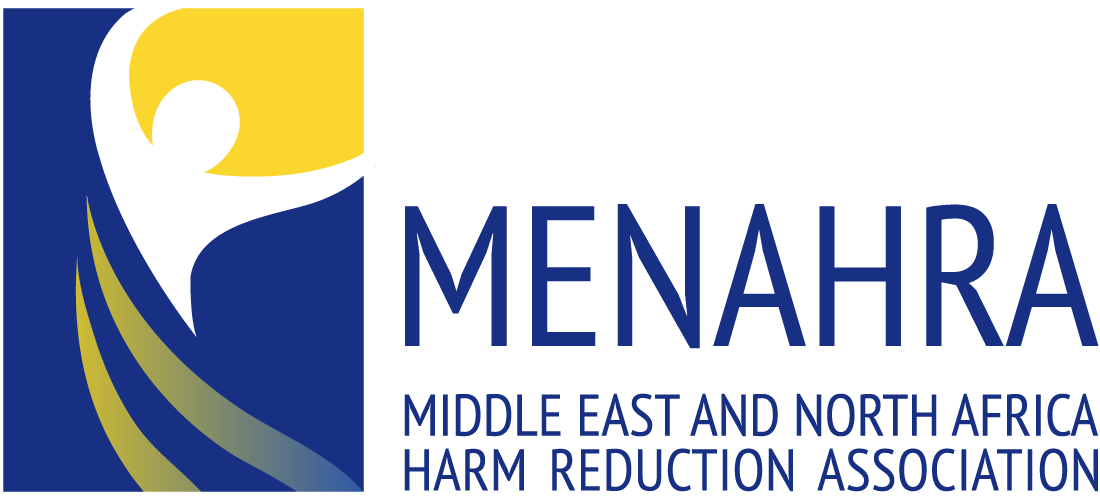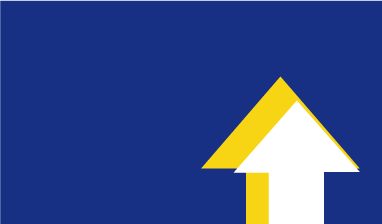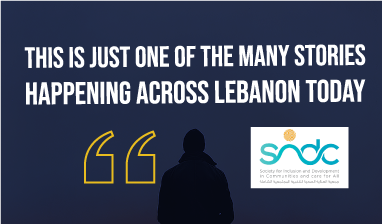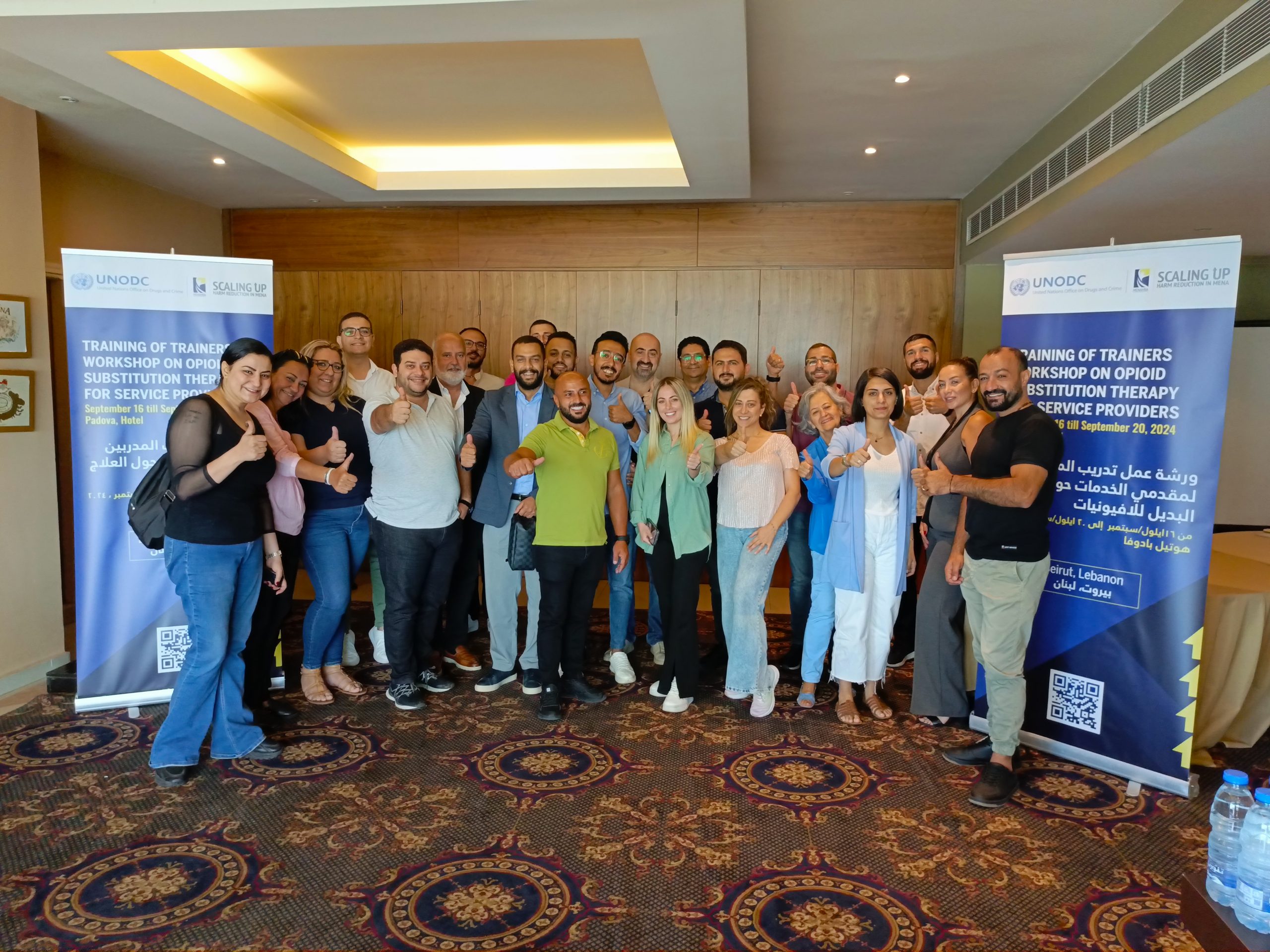Beirut, Lebanon – Two days of sessions and open discussions between 19 Christian and Muslim religious leaders from seven countries in the region resulted in a declaration entitled “The Beirut Harm Reduction Declaration,” which contains a number of recommendations advocating for the rights of drug users, focusing on prevention, treatment, rehabilitation, harm reduction, and reintegration into society.
On December 11 and 12, 2012, the Middle East and North Africa Harm Reduction Association (MENAHRA) invited religious leaders from Bahrain, Egypt, Jordan, Lebanon, Morocco, Syria, and Tunisia to the Crowne Plaza, Beirut, to take part in the “First Regional Religious Leaders Meeting on Advocacy and Drugs Harm Reduction,” under the patronage of the Minister of Public Health Mr. Ali Hassan Khalil. The meeting’s main objective was to create an enabling environment to broaden the scope of harm reduction work in the Middle East and North Africa region.
During the opening ceremony, MENAHRA Executive Director Mr. Elie Aaraj spoke about the importance of harm reduction strategies from both public health and human rights perspectives, and the crucial role religious leaders play in the successful promotion and application of these strategies, as well as in creating a tolerant and supportive environment that grants drug users their rights.
Next, Dr. Marie Therese Matar, head of the Ministry of Public Health’s Narcotics Department, spoke on behalf of Health Minister Ali Hassan Khalil, thanking MENAHRA for shedding light on the necessity of participation of religious leaders. She also stated that the Lebanese Ministry of Public Health adhered to global strategic plans on harm reduction, mentioning that it began providing substitution treatment (of buprenorphine and methadone) for a year now.
Two condensed days of sessions and testimonials by peer educators/outreach workers, former drug users, an opioid substitution treatment beneficiary, and fellow religious leaders, the 19 heads were ready to draft the “Beirut Harm Reduction Declaration,” which states that drug users have the right to protect themselves, benefit from available health services, programmes, and strategies that adopt harm reduction interventions as follows:
1. Based on our religious principles and our realisation of the value of each human created and honoured by God regardless of condition, situation, and background, we find it our duty to work hard to reduce the harms of drug use, which is rapidly increasing in our Arab nation.
2. We must activate the role of religious leaders in the face of the imminent danger that the use of drugs poses on our society.
3. It is a necessity that every human preserve oneself, physically, psychologically, spiritually, and mentally.
4. We must accept others based on their value as human beings and in accordance with the principles of love, tolerance, and compassion taught to us by our religions.
5. A drug user is a human who has the same rights as anyone else, free of discrimination, as per the International Declaration of Human Rights.






